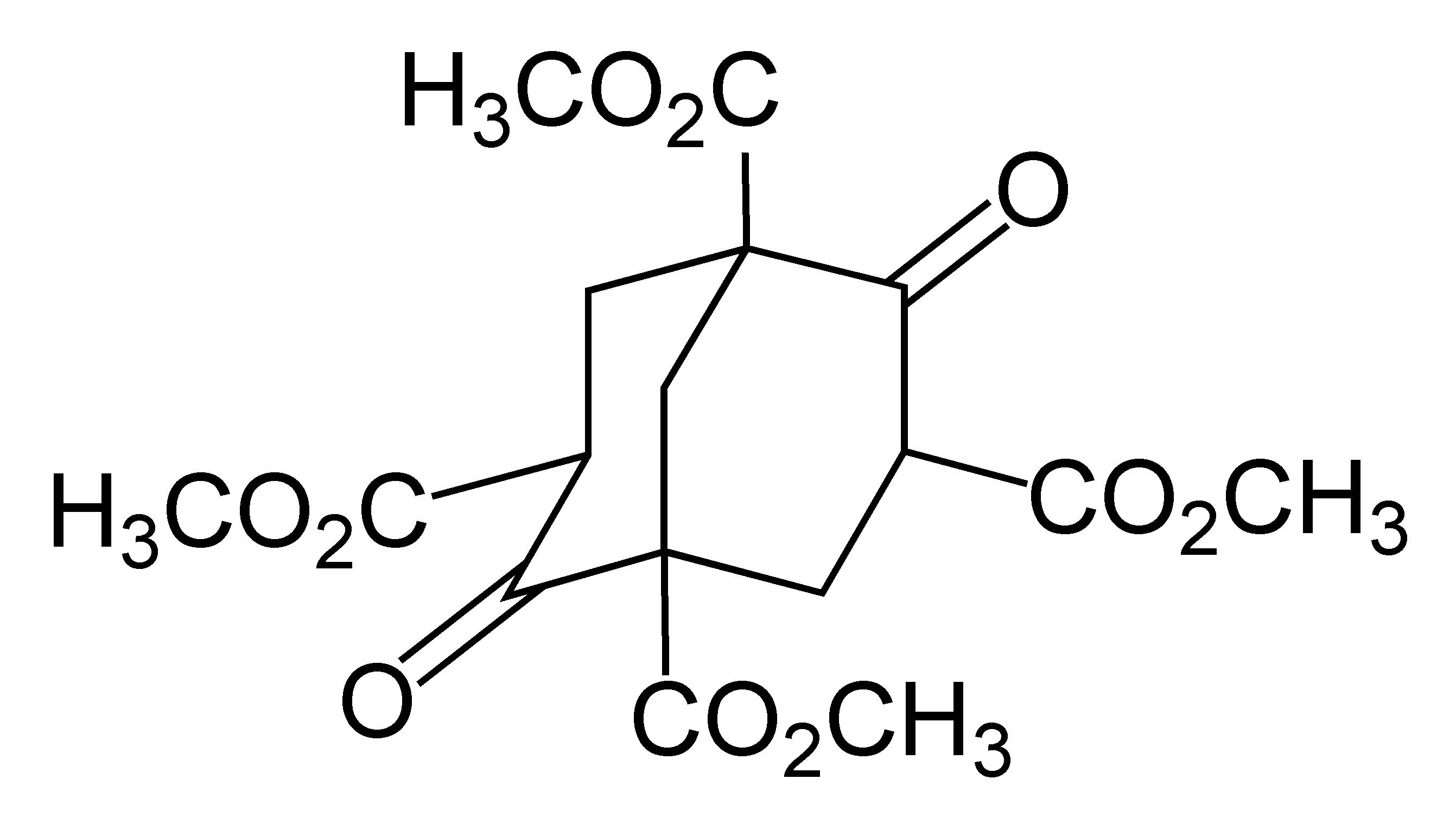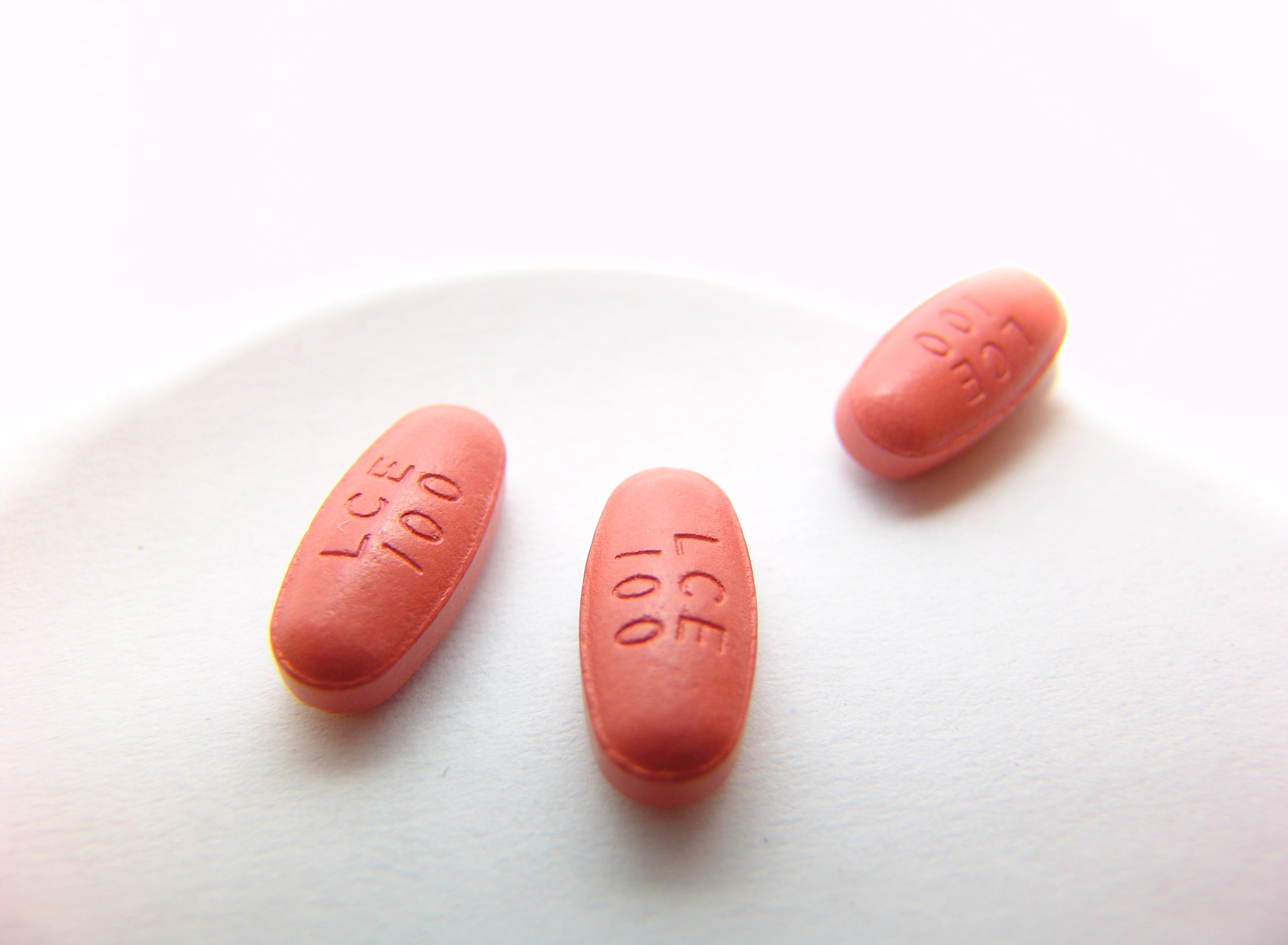|
Gludantan
Gludantan, or gludantane, is an experimental antiparkinsonian agent of the adamantane group that was never marketed. It has also been described as a "psychotropic" and antidepressant. An analogue of gludantan, ''N''-3,5-dimethylgludantan, is an inactive metabolite of memantine. Gludantan was developed in the Soviet Union and was first described by 1974. See also * Hemantane * List of Russian drugs This page is a list of Russian drugs, or drugs that were developed in Russia, the former Soviet Union, and/or post-Soviet countries. Many Russian drugs are indicated for enhancing physical, mental, and/or cognitive performance, including drugs ... References Abandoned drugs Adamantanes Antidepressants Antiparkinsonian agents Drugs in the Soviet Union Drugs with unknown mechanisms of action Russian drugs Russian inventions {{Nervous-system-drug-stub ... [...More Info...] [...Related Items...] OR: [Wikipedia] [Google] [Baidu] |
Adamantane
Adamantane is an organic compound with formula C10H16 or, more descriptively, (CH)4(CH2)6. Adamantane molecules can be described as the fusion of three cyclohexane rings. The molecule is both rigid and virtually stress-free. Adamantane is the most stable isomer of C10H16. The spatial arrangement of carbon atoms in the adamantane molecule is the same as in the diamond crystal. This similarity led to the name ''adamantane'', which is derived from the Greek ''adamantinos'' (relating to steel or diamond). It is a white solid with a camphor-like odor. It is the simplest diamondoid. The discovery of adamantane in petroleum in 1933 launched a new field of chemistry dedicated to the synthesis and properties of polyhedral organic compounds. Adamantane derivatives have found practical application as drugs, polymeric materials, and thermally stable lubricants. History and synthesis In 1924, H. Decker suggested the existence of adamantane, which he called decaterpene. The first attempted l ... [...More Info...] [...Related Items...] OR: [Wikipedia] [Google] [Baidu] |
List Of Russian Drugs
This page is a list of Russian drugs, or drugs that were developed in Russia, the former Soviet Union, and/or post-Soviet countries. Many Russian drugs are indicated for enhancing physical, mental, and/or cognitive performance, including drugs described as nootropics or cognitive enhancers, drugs combatting fatigue, so-called adaptogens or actoprotectors, and others. There have been concerns about Russian drugs in the Western world owing to allegedly lower standards of medical evidence in Russia compared to the West, for instance in the case of the Russian COVID vaccine Sputnik V. Some Russian drugs have been attempted to be repurposed and developed by pharmaceutical companies for use in the West, such as phenylpiracetam (fonturacetam), (''R'')-phenylpiracetam (MRZ-9547), Noopept (omberacetam), and armesocarb (the active enantiomer of mesocarb). List of Russian drugs * Aceclidine (Glaucostat, Glaunorm, Glaudin) – parasympathomimetic miotic * Acetomepregenol ( ... [...More Info...] [...Related Items...] OR: [Wikipedia] [Google] [Baidu] |
Experimental Drug
An experimental drug is a medicinal product (a drug or vaccine) that has not yet received drug approval, approval from governmental regulatory agency, regulatory authorities for routine use in human medicine, human or veterinary medicine. A medicinal product may be approved for use in one disease or condition but still be considered experimental for other diseases or conditions. United States In the United States, the body responsible for approval is the Food and Drug Administration (FDA), which must grant the substance Investigational New Drug (IND) status before it can be tested in human clinical trials. IND status requires the drug's sponsor to submit an IND application that includes data from laboratory and animal testing for drug safety, safety and efficacy. A drug that is made from a living organism or its products undergoes the same approval process but is called a biologics license application (BLA). Biological drugs include antibodies, interleukins, and vaccines. In 2018 f ... [...More Info...] [...Related Items...] OR: [Wikipedia] [Google] [Baidu] |
Drugs With Unknown Mechanisms Of Action
A drug is any chemical substance other than a nutrient or an essential dietary ingredient, which, when administered to a living organism, produces a biological effect. Consumption of drugs can be via inhalation, injection, smoking, ingestion, absorption via a patch on the skin, suppository, or dissolution under the tongue. In pharmacology, a drug is a chemical substance, typically of known structure, which, when administered to a living organism, produces a biological effect. A pharmaceutical drug, also called a medication or medicine, is a chemical substance used to treat, cure, prevent, or diagnose a disease or to promote well-being. Traditionally drugs were obtained through extraction from medicinal plants, but more recently also by organic synthesis. Pharmaceutical drugs may be used for a limited duration, or on a regular basis for chronic disorders. Classification Pharmaceutical drugs are often classified into drug classes—groups of related drugs that have s ... [...More Info...] [...Related Items...] OR: [Wikipedia] [Google] [Baidu] |
Antiparkinsonian Agents
In the management of Parkinson's disease, due to the chronic nature of Parkinson's disease (PD), a broad-based program is needed that includes patient and family education, support-group services, general wellness maintenance, exercise, and nutrition. At present, no cure for the disease is known, but medications or surgery can provide relief from the symptoms. While many medications treat Parkinson's, none actually reverses the effects of the disease. Furthermore, the gold-standard treatment varies with the disease state. People with Parkinson's, therefore, often must take a variety of medications to manage the disease's symptoms. Several medications currently in development seek to better address motor fluctuations and nonmotor symptoms of PD. However, none is yet on the market with specific approval to treat Parkinson's. Medication The main families of drugs useful for treating motor symptoms are levodopa, dopamine agonists, and MAO-B inhibitors. The most commonly used treatm ... [...More Info...] [...Related Items...] OR: [Wikipedia] [Google] [Baidu] |
Antidepressants
Antidepressants are a class of medications used to treat major depressive disorder, anxiety disorders, chronic pain, and addiction. Common side effects of antidepressants include dry mouth, weight gain, dizziness, headaches, akathisia, sexual dysfunction, and emotional blunting. There is an increased risk of suicidal thinking and behavior when taken by children, adolescents, and young adults. Discontinuation syndrome, which resembles recurrent depression in the case of the SSRI class, may occur after stopping the intake of any antidepressant. Research regarding the effectiveness of antidepressants for depression in adults is controversial and has found both benefits and drawbacks. Meanwhile, evidence of benefit in children and adolescents is unclear, even though antidepressant use has considerably increased in children and adolescents in the 2000s. While a 2018 study found that the 21 most commonly prescribed antidepressant medications were slightly more effective than p ... [...More Info...] [...Related Items...] OR: [Wikipedia] [Google] [Baidu] |
Abandoned Drugs
Abandon, abandoned, or abandonment may refer to: Common uses * Abandonment (emotional), a subjective emotional state in which people feel undesired, left behind, insecure, or discarded * Abandonment (legal), a legal term regarding property ** Child abandonment, the extralegal abandonment of children ** Lost, mislaid, and abandoned property, legal status of property after abandonment and rediscovery * Abandonment (mysticism) Art, entertainment, and media Film * ''Abandon'' (film), a 2002 film starring Katie Holmes * ''Abandoned'' (1949 film), starring Dennis O'Keefe * ''Abandoned'' (1955 film), the English language title of the Italian war film ''Gli Sbandati'' * ''Abandoned'' (2001 film), a Hungarian film * ''Abandoned'' (2010 film), starring Brittany Murphy * ''Abandoned'' (2015 film), a television movie about the shipwreck of the ''Rose-Noëlle'' in 1989 * ''Abandoned'' (2022 film), starring Emma Roberts * ''The Abandoned'' (1945 film), a 1945 Mexican film * ''The Aba ... [...More Info...] [...Related Items...] OR: [Wikipedia] [Google] [Baidu] |
Hemantane
Hemantane, or hymantane, also known as ''N''-(2-adamantyl)hexamethyleneimine, is an experimental antiparkinsonian agent of the adamantane family that was never marketed. It was developed and studied in Russia. It has been said to act as a low-affinity non-competitive NMDA receptor antagonist, as a selective MAO-B inhibitor, and as showing various other actions and effects such as modulation of the dopaminergic and serotonergic systems in the striatum. The drug has also been theorized to be a sigma receptor agonist, which is said to likely be involved in its dopaminergic effects. Analogues of hemantane, such as memantine and amantadine, share some of these actions, like NMDA receptor antagonism, sigma receptor agonism, and dopaminergic modulation. The drug was first described by 2000. The dosage of gimantan is standardized to 50mg tablet strength. Chemistry Gimantan is synthesized, according to the Leuckart reaction, by heating adamantanone and azepane in the presence of ... [...More Info...] [...Related Items...] OR: [Wikipedia] [Google] [Baidu] |
Antiparkinsonian Agent
In the management of Parkinson's disease, due to the chronic nature of Parkinson's disease (PD), a broad-based program is needed that includes patient and family education, support-group services, general wellness maintenance, exercise, and nutrition. At present, no cure for the disease is known, but medications or surgery can provide relief from the symptoms. While many medications treat Parkinson's, none actually reverses the effects of the disease. Furthermore, the gold-standard treatment varies with the disease state. People with Parkinson's, therefore, often must take a variety of medications to manage the disease's symptoms. Several medications currently in development seek to better address motor fluctuations and nonmotor symptoms of PD. However, none is yet on the market with specific approval to treat Parkinson's. Medication The main families of drugs useful for treating motor symptoms are levodopa, dopamine agonists, and MAO-B inhibitors. The most commonly used treatm ... [...More Info...] [...Related Items...] OR: [Wikipedia] [Google] [Baidu] |
Soviet Union
The Union of Soviet Socialist Republics. (USSR), commonly known as the Soviet Union, was a List of former transcontinental countries#Since 1700, transcontinental country that spanned much of Eurasia from 1922 until Dissolution of the Soviet Union, it dissolved in 1991. During its existence, it was the list of countries and dependencies by area, largest country by area, extending across Time in Russia, eleven time zones and sharing Geography of the Soviet Union#Borders and neighbors, borders with twelve countries, and the List of countries and dependencies by population, third-most populous country. An overall successor to the Russian Empire, it was nominally organized as a federal union of Republics of the Soviet Union, national republics, the largest and most populous of which was the Russian SFSR. In practice, Government of the Soviet Union, its government and Economy of the Soviet Union, economy were Soviet-type economic planning, highly centralized. As a one-party state go ... [...More Info...] [...Related Items...] OR: [Wikipedia] [Google] [Baidu] |



